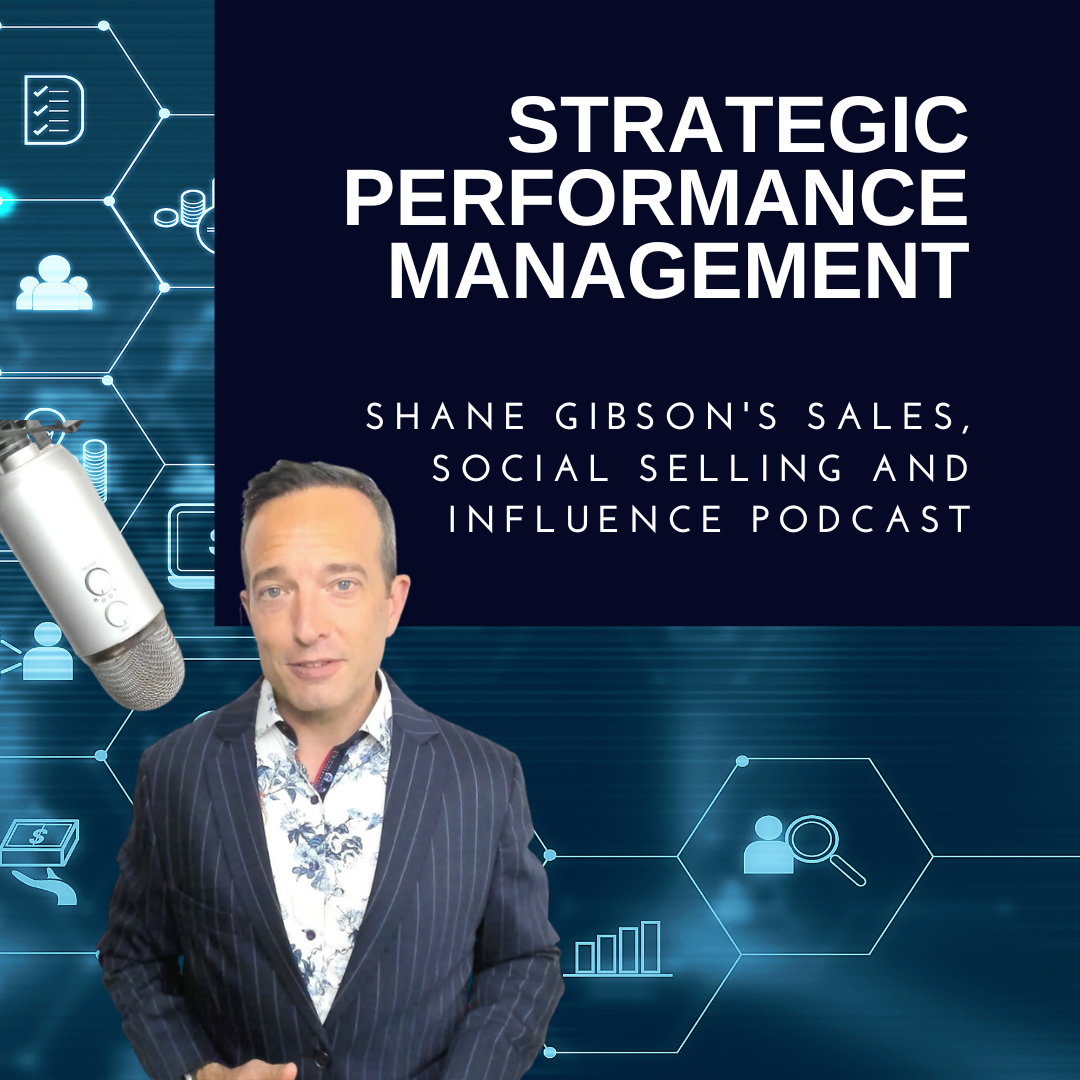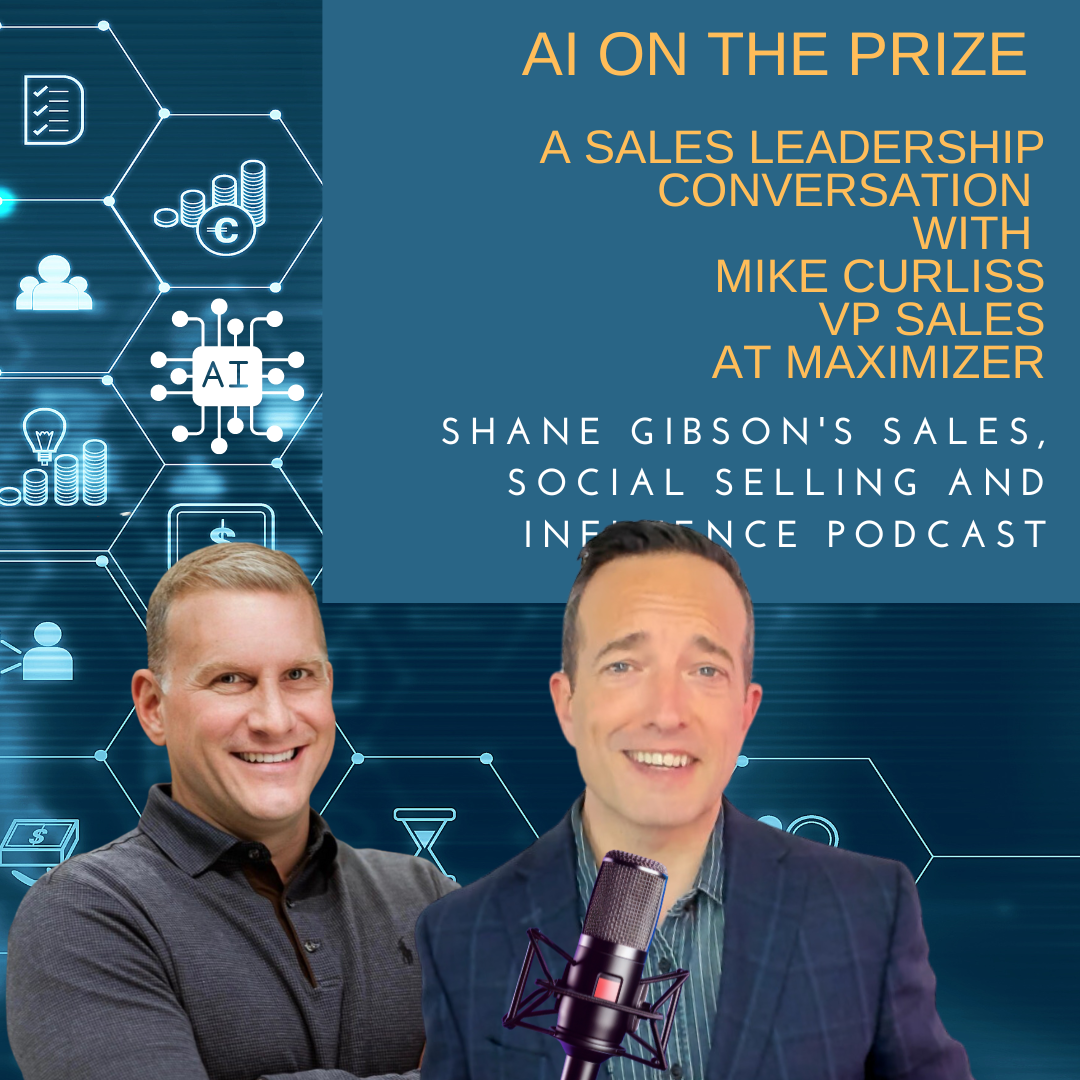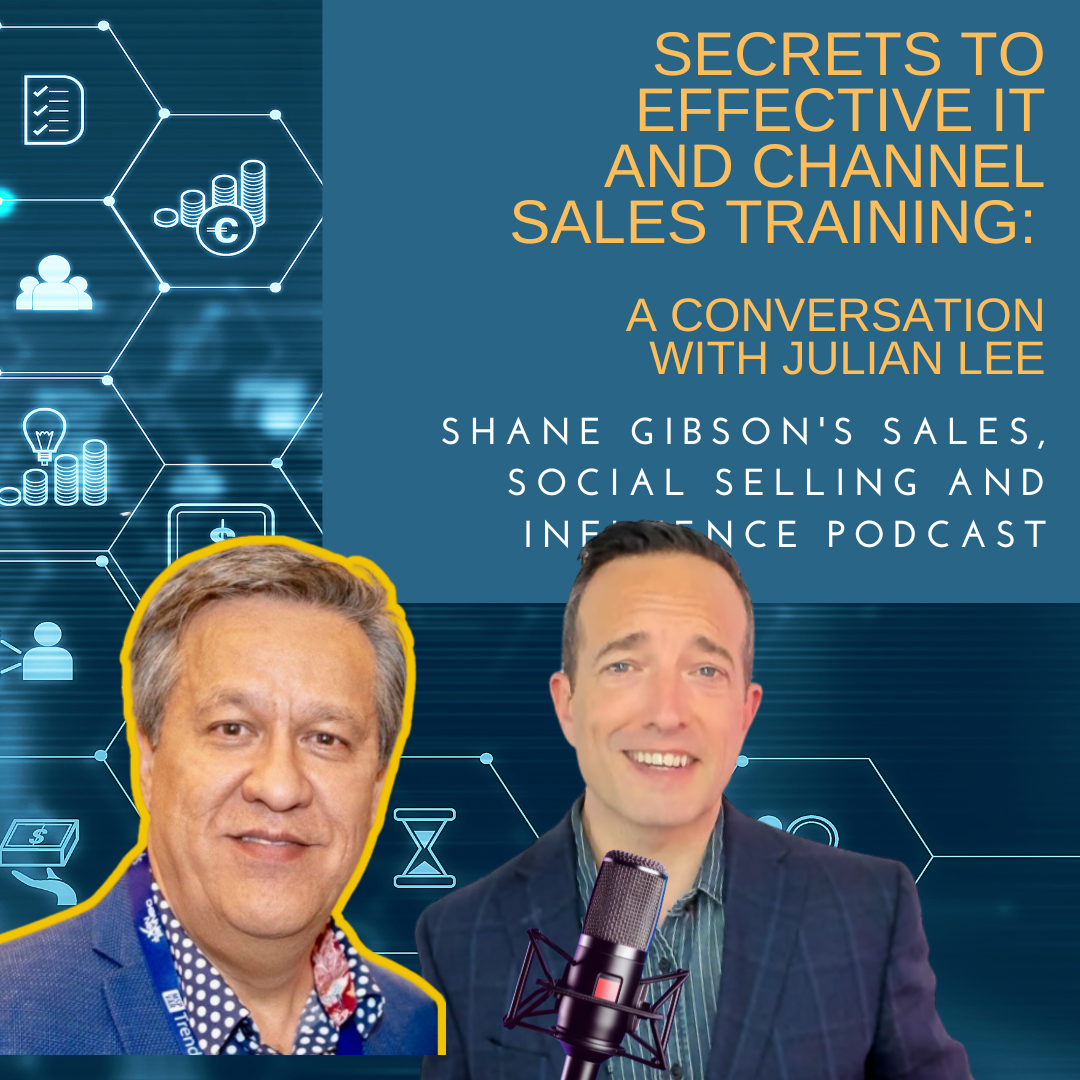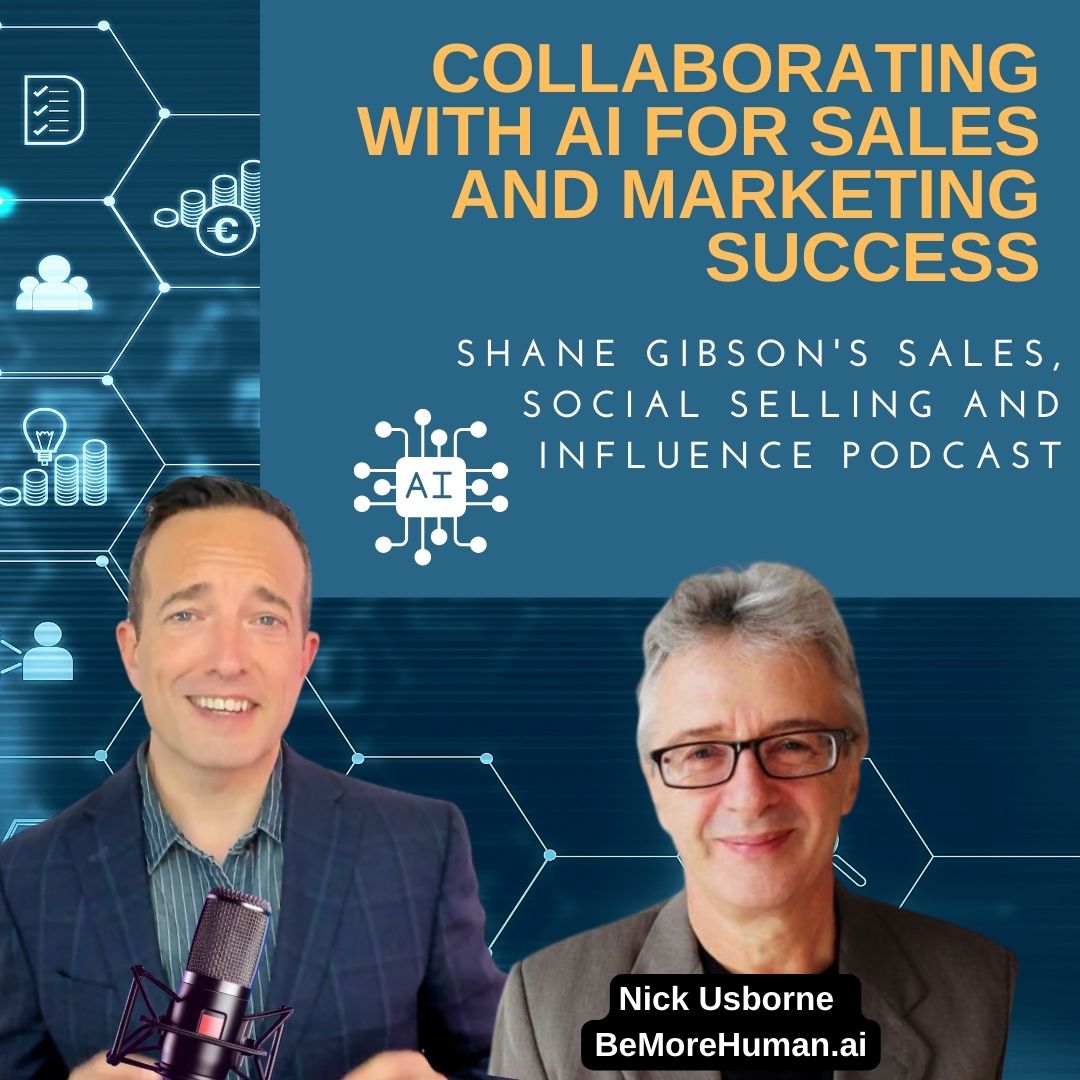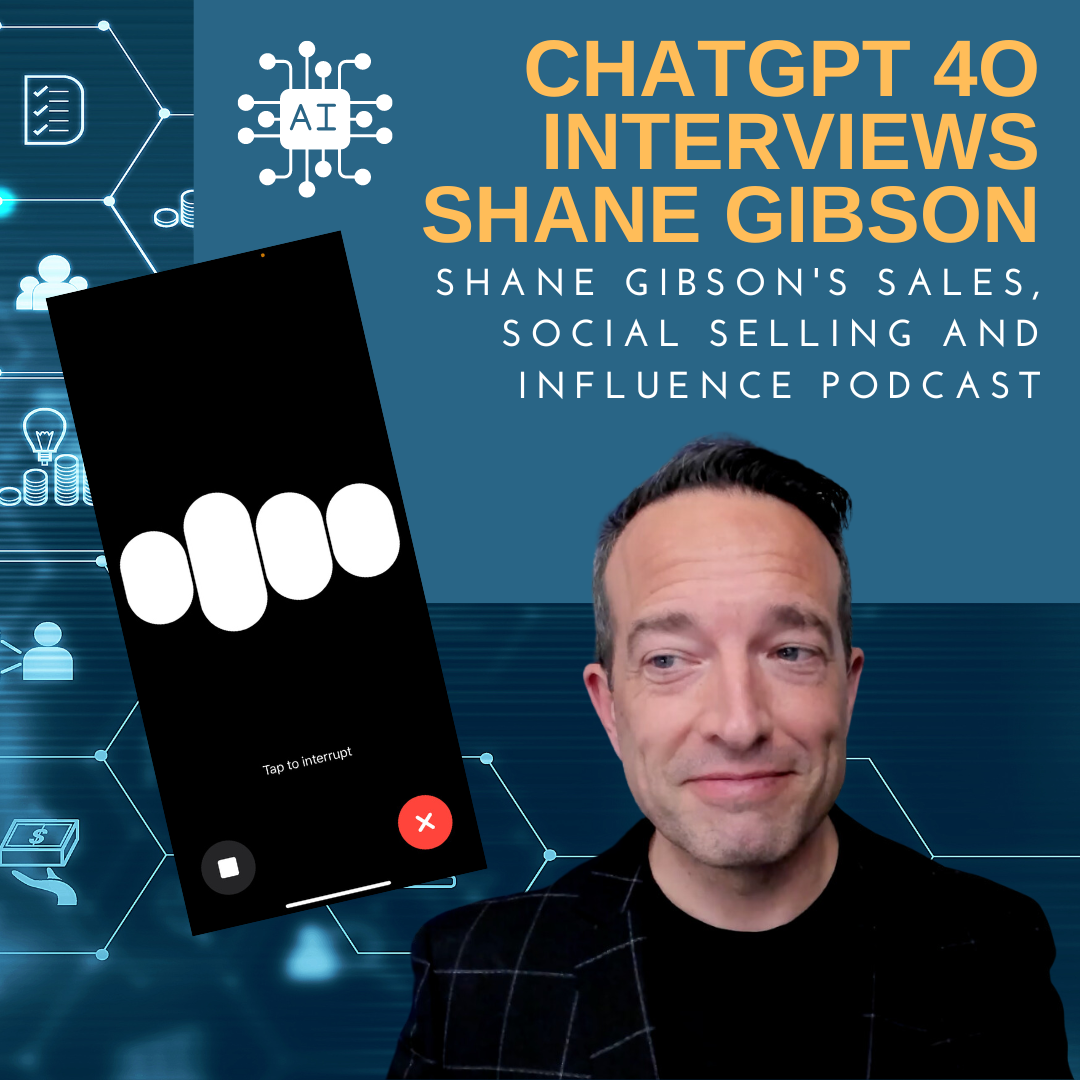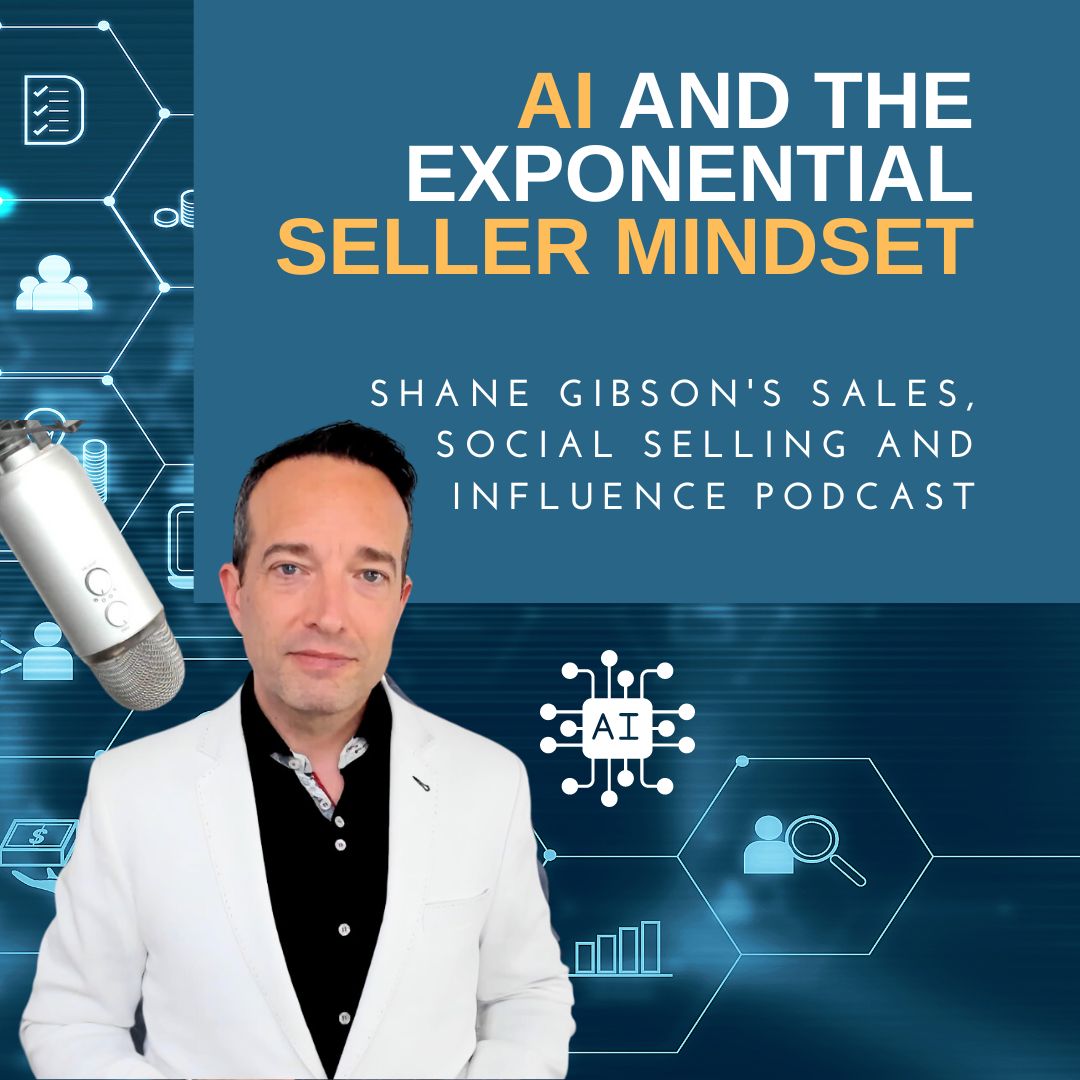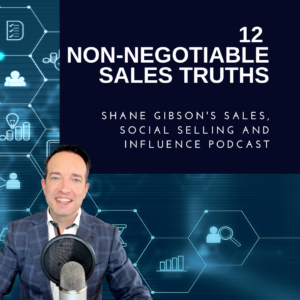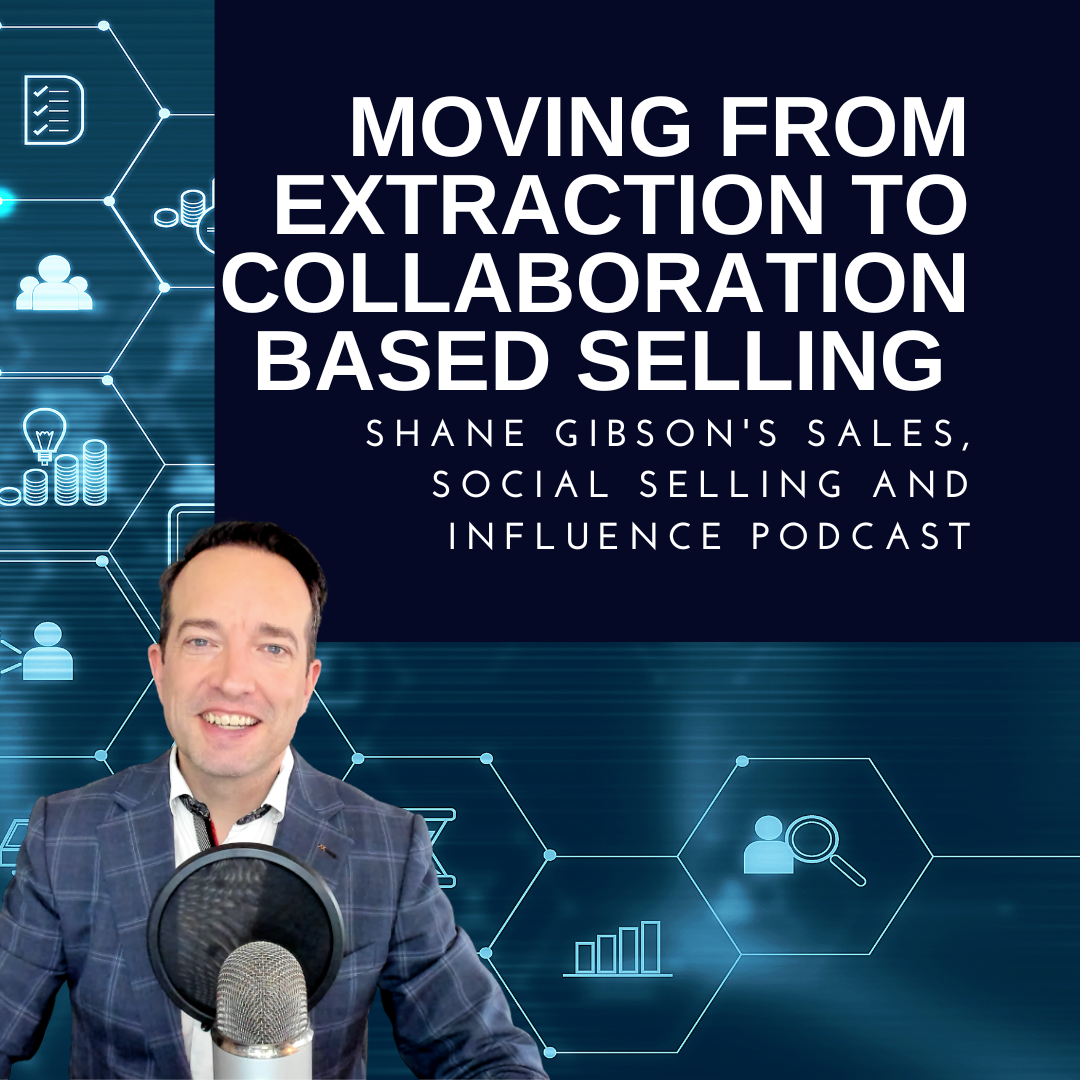Sales Podcast – Strategic Sales Performance Management
Description
This sales podcast episode is focused on shifting our sales performance management from tactical to strategic. Although there are dozens of strategic shifts we can make, today we are focused on three key levers that can impact your personal and organizational sales performance.
Below you will find the video version of the podcast and an abridged version of the transcript. If you’re looking for a keynote sales speaker for your next sales conference you can contact us to book a quick discovery call.
Sales Podcast – Keynote Sales Speaker Shane Gibson on Strategic Sales Performance
[transcript begins]
Transcript:
I want to talk about strategic sales performance improvement today. Many of our sales performance improvements come down to tactics—slight shifts in interactions or key steps in our sales process. When I think of non-strategic sales performance improvement, I think of merely improving or increasing the numbers.
Instead of focusing on numbers, orders, or specific tactics, I want to delve into how we can impact performance improvement within our sales team, ourselves, or individual salespeople by emphasizing a shift in our strategic thinking. I’ve identified three levers that can alter the way we think or approach the marketplace and consistently impact our overall sales performance. While in many cases we’re thinking tactically, I want us to transition into strategy.
Strategy can also be influenced by tactics. For instance, if your organization aims to focus on larger accounts or more intricate, profitable deals, yet our salespeople still employ tactics suitable for the small to medium-sized industry, we won’t achieve our strategic result. This discrepancy shows how tactics can sometimes drive strategy. If we find ourselves able to close specific types of accounts due to the responsiveness of our marketing and sales processes, it might seem like that’s our ideal market. But often, it’s our tactics which target a specific segment.
So, when we strategically consider new targets or opportunities or evolve our external perspective on clientele and brand, it’s vital to ensure our sales tactics align with our sales strategy shift.
The three sales performance management levers I’ll focus on today are:
- Business acumen building: What does a robust business acumen building system look like? Building acumen in our sales team can be a pivotal strategic shift in our sales performance.
- A-Zone Pipeline Management: Those familiar with my seminars or podcasts know I discuss the A-zone or the 80-20 rule frequently. Here, I’ll delve deeper into how we can strategically approach our pipeline with an A-focused mindset and its effects on our sales productivity and performance.
- In-between meetings: One area to enhance our performance, pipeline, referrals, deal size, and renewals is by systematizing and emphasizing what I term “in-between meetings”. These are value-added interactions over time with key accounts outside of and amidst the essential steps in the sales process.
Building Business Acumen in Your Sales Team:
Discussing the first lever—acumen developing system—what is a system? A system encompasses a process, methodology, technology, and accountability. A reliable system has a clear process, robust methodology for each step, is technologically driven, and incorporates accountability to ensure each step is executed correctly. Acumen is often the missing ingredient for potential value sellers and trusted advisors. If my client possesses vast industry knowledge and I only understand the basics, how can I add value to our conversation? It’s nearly impossible. Building acumen is crucial to execute most modern sales strategies. These strategies center around transitioning salespeople from mere order-takers to valuable partners for clients, a shift that can’t happen without honing business acumen.
Too many salespeople believe they need more leads, and often, sales management assumes we need more leads in the funnel. However, the real issue may be the inability to convert, not the lack of leads. A significant cause of this problem can be a lack of business acumen, leading to reduced credibility in customer conversations. Thus, building our business acumen is a continuous process, not a one-time event. It’s not about just learning about our company’s products or market but making acumen building an integral and ongoing part of our process.
So when I think about business acumen, let’s start even with discovery conversations. Number one, before I start picking up the phone or reaching out to clients, do I know our key market segments? And then, do I know their business, their clients, their industry, and their market intimately? As a sales professional, do I understand their top five to ten goals, challenges, and hurdles? And that is of the typical client in my industry. I’m going to drill down through conversation and find them specific to that client.
But let’s say I’m focusing on the telecommunications industry for small to mid-sized telecom companies throughout the United States. For those types of companies, what are the typical five to ten major goals, challenges, and hurdles they’re facing right now in the marketplace? And then, do I know how we solve those challenges uniquely or which of those challenges we solve better than anybody else in the marketplace? So, do I know this? Have I spent time to educate myself? Have I, as a sales leader (and we’ll talk about how to do this later on), provided my team with the insights, resources, and tools to discover these things? And helped them develop the principles and expectations that they’re continually educating themselves as sales professionals around this?
The key, once you know all these things, for me, when I’m doing discovery conversations or meetings, is I want to build questions that unearth those top five to ten things that we can impact in a unique, powerful, and competitive way. So, I’m going to do a needs analysis or discovery meeting. I’m going to ask some of the typical questions a salesperson asks, but not too many.
What I really want to do is focus on asking the questions that unearth those drivers. I’m also going to be continually looking for industry authorities and really geek out on trends, technology, news, and advancements on a regular basis. So, great salespeople today, I believe, are great students of their client, their industry, and their marketplace who self-educate on a nearly daily basis. And that’s how you move from being a four out of ten in knowledge trying to sell to a nine out of ten, to a peer or above who’s specialized in industry insights and knowledge.
So how do we do this? I’m going to give you a real quick shopping list of all the ways that you, as an individual salesperson or as a sales leader, want to put together for your team.
Number one, industry and persona-specific training for our team. I have a client that sells assessment tools into specific industries. One of the things they do with new salespeople is they actually get those salespeople to go through fundamental training around how to be successful in the role of their customer. So, if you were selling into, let’s say, a service manager at a car dealership, they would actually put you through a training program on Service Manager 101. Why? So that you can see through their eyes, have true empathy, and understand not just my product and how it benefits them but understand holistically the day in the life of our ideal decision-maker within our ideal client. Then, our overall business or industry ongoing education. So, do we have that set up? We should have a series of resources, conferences, webinars, you name it, that they can access.
Then, what I’d suggest, something a couple of my clients do, is they hold a state of the industry or region stand-up meeting once a week. Each person on the sales team is responsible for sharing new insights they’ve garnered in the marketplace. It could be shifts from a competitive perspective, regulations, marketplace changes, or consumer shifts—anything that impacts their customer. This includes attending conferences, reading industry magazines and portals, and, at the end of the day, getting to know our clients intimately.
One of the best ways to figure out how your solution impacts your clients positively is to sit down with your happy clients who’ve implemented your solutions long after you’ve closed the deal.
We do this by having client focus and use case meetings. One of the best ways to figure out how your solution impacts your clients positively is to sit down with your happy clients who’ve implemented your solutions long after you’ve closed the deal. Interview them to understand how they’re using your solution, how it’s impacted them, and what you could do better. By doing this regularly with our key accounts, we start to understand and collect great case studies and stories that we can use in our sales process later on.
Listen to calls of other team members, have lunches with our internal team members and experts. As a salesperson, if I’m selling technology for my company, when was the last time the sales team had lunch with the CTO and their product development team to discuss what they’re seeing i

